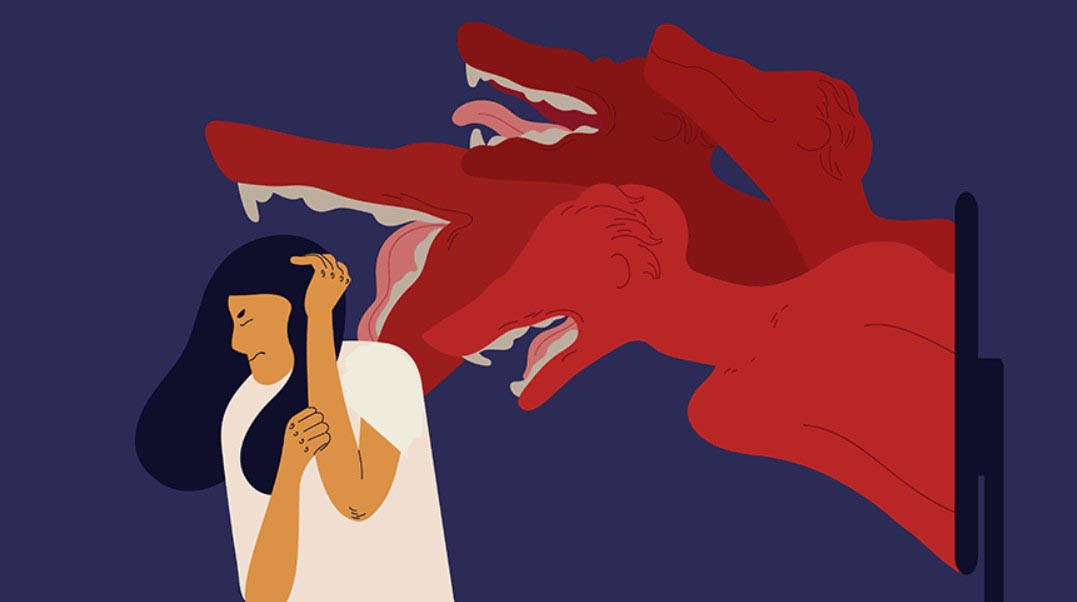Oppression in Manipur: A Stark Shift in Control and the Targeting of Women
Manipur has long been a land of struggle and resilience, a place where its people have endured and resisted numerous challenges with unwavering determination. However, the current wave of oppression is unlike anything we have experienced before—darker, more fragmented, and deeply unsettling. The difference between then and now is striking. In the past, the challenges were visible, and the resistance was focused. The armed forces, such as the Assam Rifles, represented clear sources of state control and oppression. Communities rallied together, united by a common cause, to resist what they saw as external forces undermining their autonomy.
Today, the dynamics of oppression have shifted. The lines are no longer clear, and the sources of authority have become more decentralized and arbitrary. Anyone with a gun and some backing now seems to hold the power to dictate how we live. This murky control creates an environment of uncertainty and fear, where the people of Manipur are left disoriented and defenceless against the whims of those in power. The enemy is no longer external; it is within, dispersed and unpredictable, making resistance a more challenging and complex endeavour.
The Double Oppression of Women: Subjugation, Moral Policing, and the Complicity of Progressive Men
One of the most troubling aspects of this new wave of oppression is how disproportionately it affects women. Manipuri women have always been the backbone of the state’s identity, culture, and resistance movements. The women of Manipur, particularly Meitei women have long been celebrated for their unmatched strength, patriotism, and sense of community. From leading historic movements like the Nupi Lan to organizing and managing the iconic Nupi Keitel (Women’s Market), they have played pivotal roles in shaping the socio-political landscape of the region. Their contributions have not only defined Manipur’s resilience but also served as a beacon of hope and pride.
Yet today, these same women are increasingly under scrutiny and control. The policing of women’s clothing, relationships, and even their presence on social media has intensified under the pretext of protecting community values. Social media, once a platform for self-expression and connection, has become another battleground where women face judgment and moral policing. Ironically, while women are reprimanded for their choices, there is silence when men post reels flaunting firearms, perpetuating violence, or mocking women. This glaring hypocrisy not only undermines women’s dignity but also highlights the selective morality and gender bias entrenched in this new power dynamic.
While many so-called progressive, educated men in Manipur claim to be vocal about human rights, democracy, and conflict, their discourse remains eerily silent when it comes to the specific violence and oppression faced by women. These are men who write, speak, and theorize about the ongoing conflict, yet they fail to address how women are being treated during these two years of turmoil. Their silence is not accidental—it is a reflection of the deep-seated hetero-patriarchal mindset that even they have not been able to discard.
Even in intellectual and activist circles, discussions about justice and oppression rarely focus on gendered violence. Rape, humiliation, and moral policing of women are seen as side issues, secondary to the larger “political struggle.” This is not just ignorance but an active choice to sideline women’s suffering in favor of a narrative that suits their academic and political ambitions.
It is infuriating to see how some of these progressive men use the stories of women’s suffering to build their own academic careers. They document, write, and publish research on women’s experiences of violence, yet they do not challenge the systemic structures that allow such violence to persist. Instead, they extract these stories as raw material for their essays, reports, and discussions, profiting from the trauma of women while doing nothing to change their realities.
How many of these male intellectuals have spoken out about the increased moral policing of women? How many have stood up against the cyber harassment faced by Manipuri women who voice their opinions? How many have taken a stand when women were shamed and silenced? Their progressive ideals stop the moment they are asked to confront the privileges and biases they themselves benefit from.
The Hypocrisy of Protection: Fragmented Authority and the Path Forward for Manipuri Women
In the past, the idea of protection stemmed from a collective effort to shield the community from external threats. Women were active participants in these efforts, and their voices were respected and valued. Today, the concept of protection has been twisted to justify control. Women are made to feel more vulnerable and threatened than ever, as the very structures and individuals claiming to protect them often become sources of fear. This distorted notion of safety erodes the sense of security that is fundamental to a thriving community.
The shift in authority is stark. Before, the oppressive forces were centralized, and the community knew where to direct its resistance. Now, oppression is fragmented and multifaceted, leaving people uncertain about whom to hold accountable. This lack of clarity not only weakens collective resistance but also creates an environment of mistrust and division within the community itself.
For Manipuri women, this oppressive climate is particularly disheartening. Their patriotism and commitment to the community have never wavered, even in the face of immense challenges. Historically, they have been at the forefront of movements advocating for peace, justice, and equality. But the current situation tests their resolve in unprecedented ways. It is a grim reality when the protectors become the oppressors, and the structures meant to uphold community values become tools of suppression.
It is important to recognize the resilience and agency of Manipuri women, even in these trying times. Their history of resistance and leadership serves as a reminder of the strength that lies within the community. However, their struggle should not be theirs alone. The burden of challenging and dismantling these harmful power structures must be shared by all—leaders, institutions, and community members alike.
The path forward requires a collective reimagining of what protection and community values truly mean. It calls for an end to double standards and gender discrimination and demands a focus on empowerment and inclusivity. True protection lies in ensuring the dignity, security, and freedom of every individual, not in imposing restrictions that stifle individuality and agency.
As Manipur grapples with these challenges, the resilience of its people, especially its women, remains a beacon of hope. But hope alone is not enough. It must be matched with deliberate action to restore a sense of justice and equality. Only then can we envision a Manipur where every individual, regardless of gender, can live with dignity, freedom, and respect—a Manipur that truly reflects the strength and spirit of its people.












